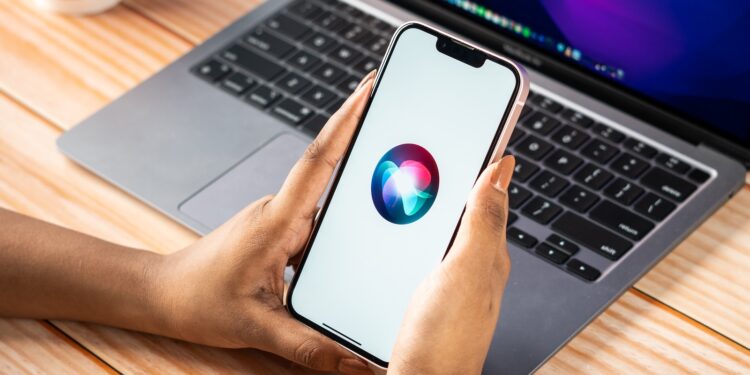Apple is planning a comprehensive upgrade for Siri. According to a Bloomberg report written by Mark Gurman and Drake Bennett, several teams within the company are working on a completely new version of the voice assistant. The goal is to transform Siri into a powerful AI that can compete with systems like ChatGPT. The report describes advancements, new technologies, and collaborations that are expected to fundamentally change Siri in the coming years.
Siri has long been an integral part of the iPhone, but compared to modern AI tools like ChatGPT, it recently seemed outdated. Many features had been added later over the years, resulting in a fragmented architecture. Internally at Apple, pressure is growing to change this. It's no longer just about having a helpful assistant, but about keeping up with the latest AI developments. That's why Siri is now getting a completely new technical foundation.
New software architecture for Siri
Apple has now set up offices specifically for artificial intelligence in Zurich. A team there is working on a completely new software architecture. The previous hybrid structure, in which various functions were built individually, is to be replaced by a unified, so-called "monolithic model." This model is based on a so-called LLM (Large Language Model) engine, similar to the one used in ChatGPT. This should make Siri more capable of dialogue, better understand context, and summarize information in a comprehensible way.
Siri as a ChatGPT competitor
In internal tests, the new version of Siri has reportedly made significant progress over the past six months. Some Apple executives now consider it "on par" with the current ChatGPT versions. This is a clear signal that Siri is no longer just meant to perform simple tasks, but can also handle complex conversations and requests. The goal is for you to be able to communicate with Siri using natural language without constantly having to rephrase your words or encountering technical limitations.
Internet access planned
Another important step is the planned internet connection. In the future, Siri will be able to retrieve information directly from the web, process it, and generate its own answers. This would be a fundamental difference from the current system, in which Siri relies on a fixed database. Online access would allow Siri to provide up-to-date information, compare different sources, and thus become significantly more flexible and useful.
Collaborations with other AI services
Apple also appears open to external partnerships. For example, the integration of Google's Gemini into Siri is under discussion, which could launch with the upcoming iOS 19. This would give users a choice between different AI models depending on their use case or preference. Apple is also apparently in talks with the AI startup Perplexity. Their service could complement both Siri and Safari search in the future. This would give users even more options for interacting with AI on the iPhone.
Siri 2.0: Apple relies on real intelligence
Apple is completely redesigning Siri's technology. With a modern, LLM-based architecture, online access, and the ability to be combined with other AI models, Siri will be more than just a voice assistant in the future. If internal test results are confirmed, Siri will soon be a real alternative to ChatGPT – right on your iPhone. The next big iOS leap could therefore not only bring new features but also fundamentally change your daily use of AI. (Image: Shutterstock / sdx15)
- Apple and the AI transformation: What role does Giannandrea play?
- Apple changes its product announcement strategy
- Report: Apple allows alternatives to Siri on EU devices
- iPhone 17 Air leaks: New info on battery, weight and more
- AirPods Max: When will Apple's new generation arrive?
- AirPods Pro 3: Will they be launched in 2025 or 2026?





